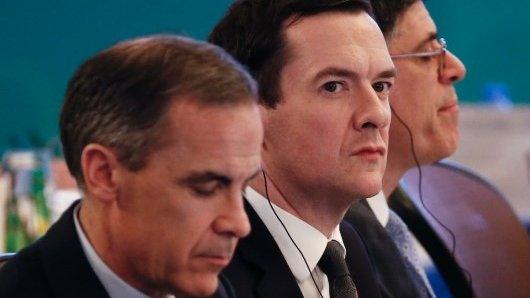EU referendum: Government dossier aims to 'smoke out' Leave campaign
- Published
Hammond: EU dossier designed to 'smoke out' Leave on post-exit options
The government has published an analysis of the UK's options if it left the EU - suggesting they would all be worse for the economy than staying in.
Foreign Secretary Philip Hammond said the aim was to "smoke out" Leave campaigners who had "avoided" spelling out their vision of a post-EU Britain.
The document says, external the UK would lose influence and exporters could be hit with damaging tariffs.
But Leave campaigners said the "dodgy dossier" was misleading.
Iain Duncan Smith - one of five cabinet ministers campaigning in favour of a vote to leave the EU - said it misrepresented the Leave case by suggesting Britain could follow the example of other non-EU countries, such as Norway or Switzerland.
He said: "The truth is, we won't copy any other country's deal. We will have a settlement on our own terms - and one that will return control of our borders, and money to Britain. That's the safer choice."
He said the government was "in denial" about the risk of remaining a member of the EU. "This dodgy dossier won't fool anyone," he said, adding that the "real uncertainty is the future of the EU project".
Cabinet ministers are allowed to campaign freely on either side of the debate, but the official government position is in favour of staying in a reformed EU in the 23 June referendum.

Four post exit options
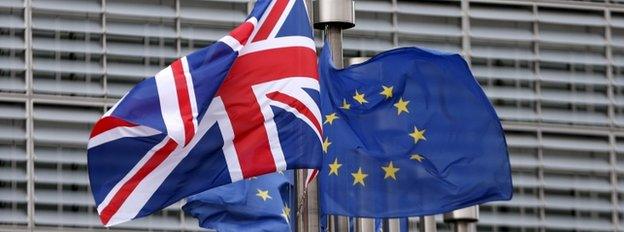
Norway model: Member of European Economic Area, full access to single market, obliged to make a financial contribution and accept majority of EU laws, free movement applies as it does in the EU
Swiss model: Member of the European Free Trade Association but not the European Economic Area, access to EU market governed by series of bilateral agreements, covers some but not all areas of trade, also makes a financial contribution but smaller than Norway's, doesn't have a general duty to apply EU laws but does have to implement some EU regulations to enable trade, free movement applies
Free Trade Agreement: Deal would be negotiated after UK voted to leave, generally mean low tariffs on goods but trade in services is usually more limited, exact obligations would depend on depth of agreement: the more comprehensive, the more co-operation there would be on standards, regulations, etc, no free movement or financial contribution (unless they were part of the specific agreement)
World Trade Organisation rules: WTO sets rules for international trade that apply to all members, no free movement or financial contribution, no obligation to apply EU laws although traded goods would still have to meet EU standards, some tariffs would be in place on trade with the EU, trade in services would be restricted

The document says Norway and Switzerland's trading arrangements outside the EU require them to make financial contributions, accept the EU principle of free movement of people and be subject to other EU laws.
Meanwhile, Switzerland and Canada's arrangements provide only limited access to the single market, it adds.
In a speech in London, Mr Hammond said Britain would be locked in talks with the EU for two years after an exit, while "our competitors, including our EU competitors, forge ahead".
He said there was no guarantee the UK could reach a deal within the two year limit, and talks could drag on for many years because there would be no "goodwill" from member states to help the UK get a deal.
He claimed Leave campaigners had "deliberately avoided" sketching out what a post-exit trade deal would look like because there were no "credible" options that "come close to the deal we already have on the table" that had been negotiated by David Cameron.
Could Norway model work for UK?
Mr Hammond said Leave campaigners should be "honest" with voters and say "they are prepared to sacrifice jobs and growth in order to get a clampdown on migration, in order to stop paying into the EU".
He said he hoped the dossier would force Leave campaigners to "put some flesh on the bones" of their vision of a post EU Britain.
The official government analysis of UK membership of the EU is required by law under the EU Referendum Act, which paved the way for the in-out referendum on EU membership.
'Analysis flawed'
If Britain votes to leave the EU, it will have to negotiate a new trading relationship with what would then be a 27 member organisation, to allow British firms to sell goods and services to EU countries without being hit by penalties or sparking a trade war.
The government paper runs through examples of other countries, such as Norway, Switzerland and Canada, who have trade deals with the EU without being members - as well as the option of breaking free from the EU altogether and striking deals with individual countries through the World Trade Organisation.
These scenarios have been mentioned by anti-EU campaigners in the past.
Speaking to the BBC, Norway's prime minister, Erna Solberg, said she would like her country to be part of the EU because it lacked influence over important decision making and had "basically... left part of our democracy to Europe".
Asked if she thought Britain could retain access to the single market without being subject to free movement of people, she said: "To believe you'll get everything you want without giving something back does not happen in any political body."
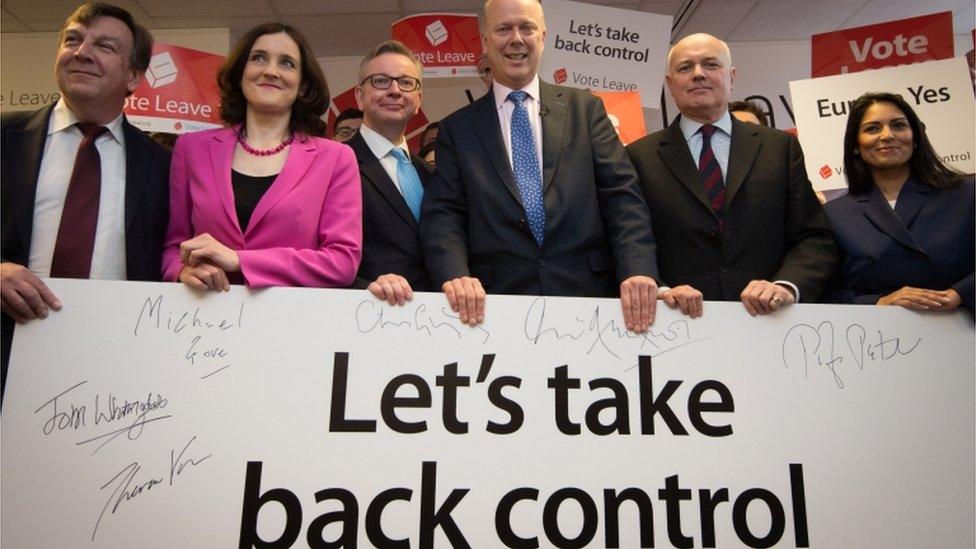
Five cabinet ministers, including Mr Duncan Smith, are campaigning against the government in favour of an EU exit
The government paper says they each carry serious risks for business - but Leave campaigners say the analysis is flawed because it does not consider the possibility of a bespoke trade deal between the UK and the EU, with no tariffs or trade barriers.
Gerard Lyons, of investment managers Black Rock and chief economic adviser to London mayor and Leave campaigner Boris Johnson, said it would be "a shock for both sides" if Britain left but it would be in the EU's interest to reach a trade deal with the UK as it was one of the EU's biggest export markets.
Meanwhile, Lord Lamont has become the latest Conservative grandee to nail his colours to one side or other of the EU debate.
Lord Lamont, who was chancellor in the early 1990s when Britain crashed out of the European Exchange Rate Mechanism, is calling for Britain to leave, arguing in the Daily Telegraph , external that the country could succeed economically and would regain control of immigration.
- Published2 March 2016
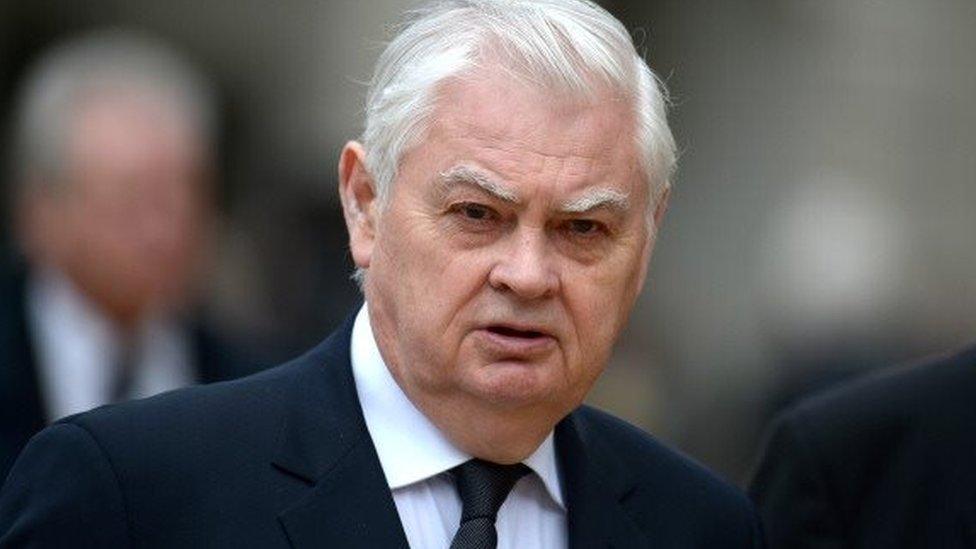
- Published28 February 2016
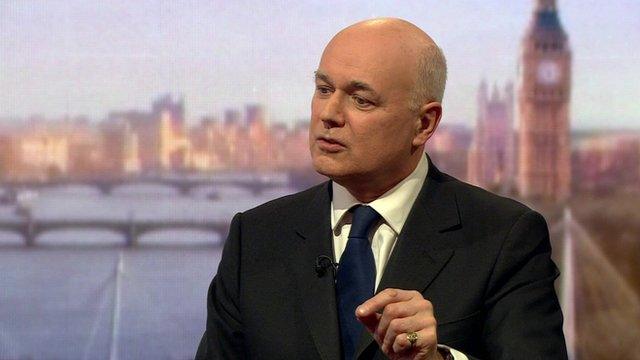
- Published29 February 2016
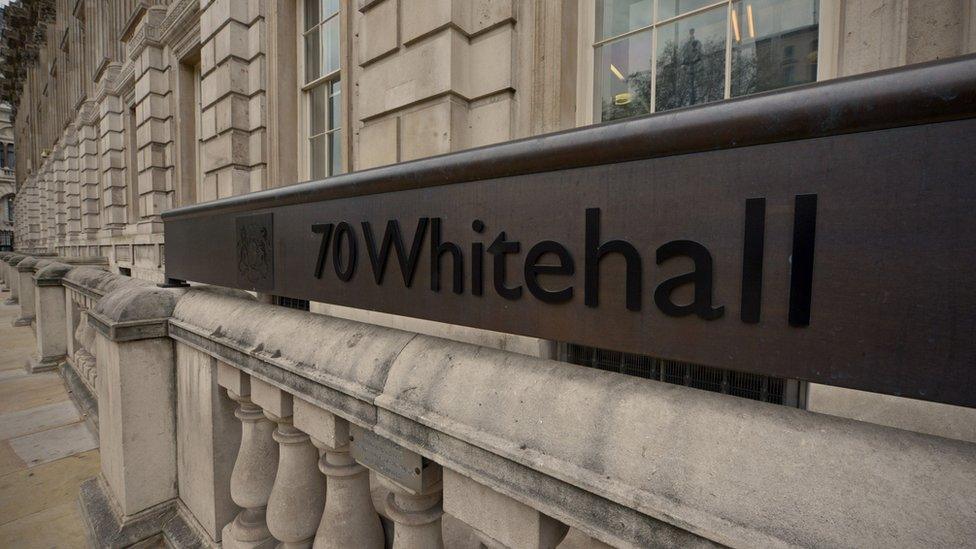
- Published1 March 2016
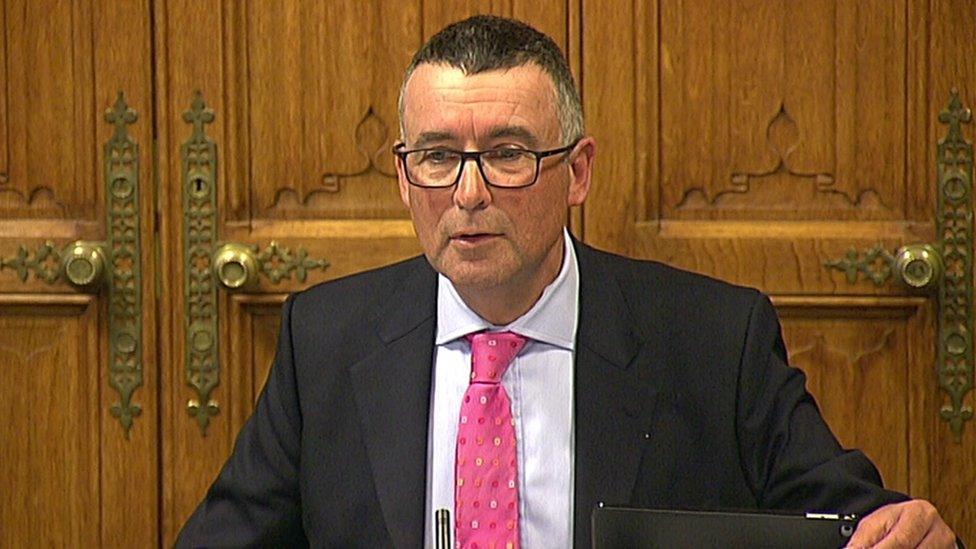
- Published30 December 2020

- Published1 March 2016
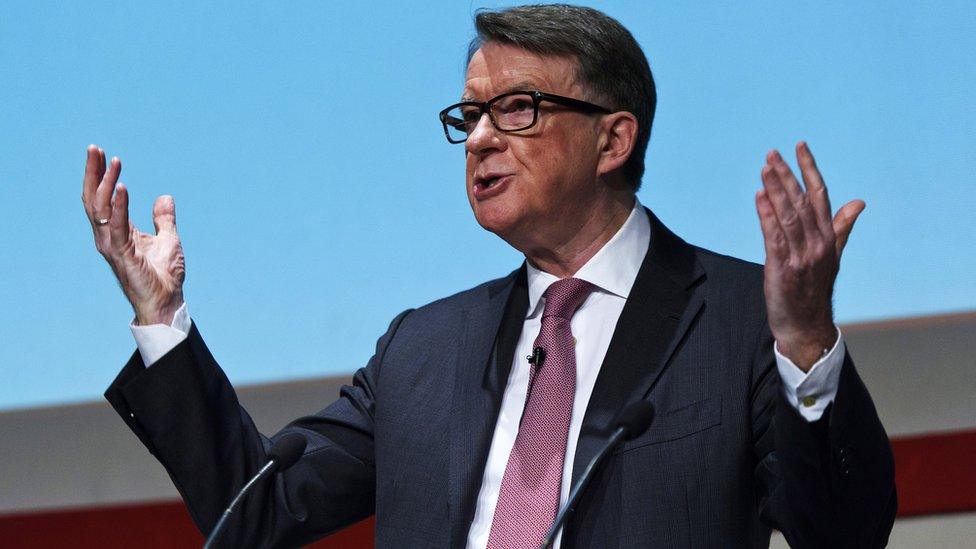
- Published28 February 2016
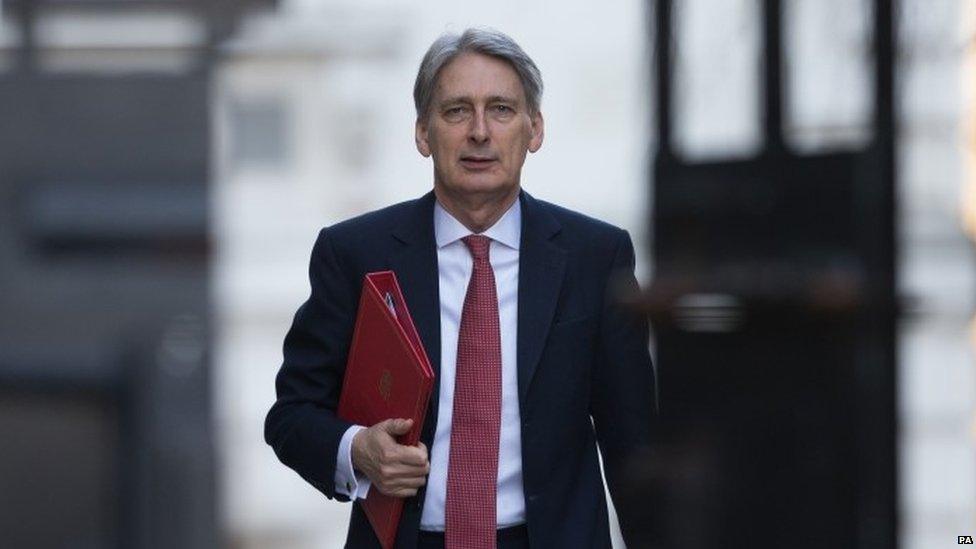
- Published27 February 2016
